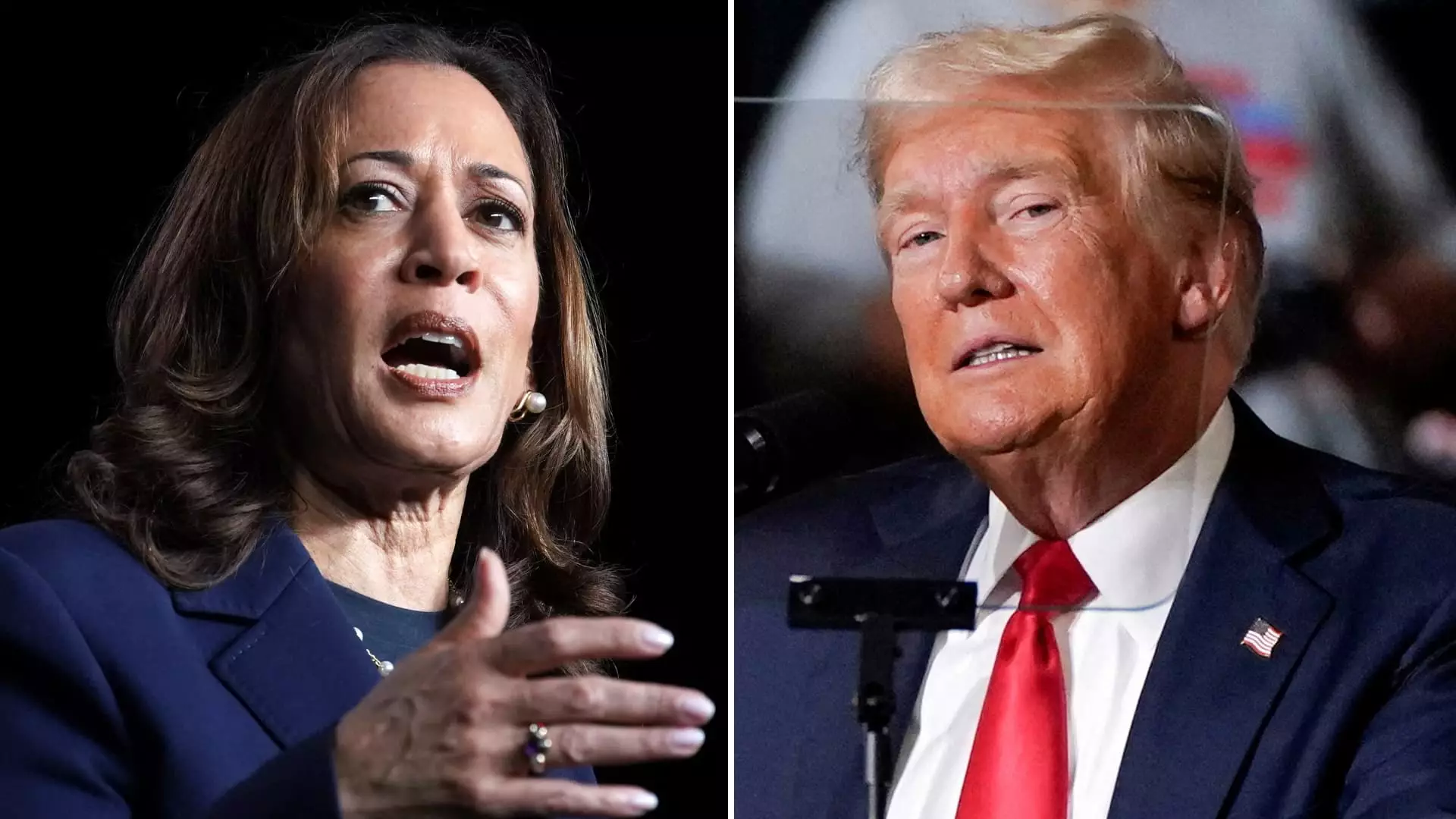As the 2024 election approaches, both former President Donald Trump and Vice President Kamala Harris have outlined their respective economic agendas, with tax changes being a central focus. Trump aims to preserve the tax cuts brought forth by the Tax Cuts and Jobs Act (TCJA), which include individual and business tax cuts. These tax cuts were enacted during Trump’s presidency and are set to expire after 2025 if no further action is taken by Congress. If the provisions of the TCJA are allowed to expire, more than 60% of taxpayers could see an increase in their taxes in 2026. These expiring provisions include lower federal income tax brackets, a higher standard deduction, a bigger child tax credit, and more generous estate and gift tax exemptions. Trump’s campaign has promised “big tax cuts for families and small businesses,” emphasizing his commitment to maintaining the tax cuts put in place during his administration.
On the other hand, Vice President Kamala Harris has not directly addressed the extension of TCJA provisions in her 2024 campaign. However, President Joe Biden’s economic advisor, Lael Brainard, has expressed support for partial extensions of the tax cuts. Harris’s economic plan includes proposals to address the budget deficit and increase revenue. One of the key elements of her plan is to increase the corporate tax rate to 28%, up from the 21% rate permanently set by the TCJA. This increase in the corporate tax rate is estimated to reduce the deficit by $1 trillion over a decade. Harris has also announced an expanded child tax credit, which could provide up to $6,000 in total tax relief for families with newborn children. While Harris has emphasized the need to address the budget deficit and raise revenue, the approval of tax law changes will ultimately depend on the composition of Congress after the election.
Both Trump and Harris have proposed measures to address the budget deficit and boost revenue, but their approaches to tax policies differ. Trump has advocated for sweeping tariffs on imported goods, which could potentially impact the average after-tax U.S. household income. On the other hand, Harris has focused on increasing the corporate tax rate and expanding tax credits for families. Both candidates have also floated the idea of eliminating income tax on tip income, which has faced criticism from some policy experts due to administrative hurdles and potential abuse. The implications of these tax policies go beyond the individual candidates and could have a significant impact on the economy and taxpayers.
The economic agendas and tax policies of the presidential candidates will play a crucial role in shaping the future of the country. The debate over tax cuts, tariffs, and revenue-raising measures will be central to the upcoming election and will ultimately determine the direction of the country’s fiscal policy. It remains to be seen how these proposals will be received by voters and how they will be implemented if either candidate is elected to office.

